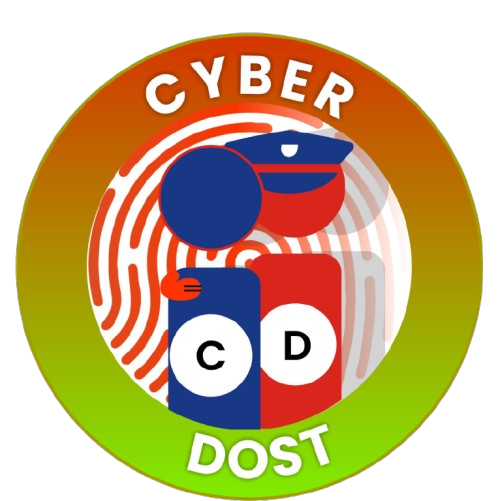The course on 'Critical Thinking for Transformative Learning' introduced at the District Institute of Education and Training (DIET), Delhi, to train teacher trainees in their two-year diploma programme. The course will aim to nurture teachers who understand the real purpose or value of education and are inspired to live with human consciousness.That is, live with humane conduct and impart humanness (ability to live a fulfilling life, become responsible citizens and make positive contribution in others' lives) in the children they come in contact with through their careers. This course is based on the philosophy Madhyasth Darshan – Sahastitvavaad (Co-existentialism) propounded by Shri A. Nagraj in the 1970s. The education component of this philosophy is known as Chetna Vikas Mulya Shiksha(Consciousness Development Value Education). Similar modules have also been tried extensively in the general population, in alternative and formal schools in the state of Chhattisgarh, and in higher education as a supplementary course in about 30 universities in India and Bhutan.
Objectives
This course seeks to facilitate the student teachers to –
- Identify beliefs/notions/perceptions, think critically and develop the ability to critique (analysis without bias) them
- Evaluate notions (mulyankan) through logical reasoning and in the light of knowing to arrive at value-centric resolution
- Observe, examine,understand and value relationships from self to nature and society
- Understand critical thinking (analysis without bias- sameeksha) with the objective of transformative learning (learning in context of knowing; transforming for positive change)
- Be inspired for human consciousness
- Understand co-existence and the role of education in humane conduct, humane education and universal social order
- Achieve exemplary teaching conduct
- Have confidence to impart the above objectives in their students as well
METHODOLOGY
The course relies on introspection, observation, scrutiny, examination and survey of the human being vis-a-vis nature/existence. The content will be in the form of a proposal. Proposals will be communicated in the form of an interactive dialogue to help facilitate reflection among teacher trainees. These will include the following:
1) Group discussions
2) Film screenings followed by discussion
3) Relevant readings followed by paper presentations
4) Presentations – individual and group presentations by the teacher trainees
5) Writings/stories/poems/essay/skit/role-plays on situations given to them
6) Mock facilitation sessions
7) Action-research projects
8) Comparative study projects
9) Case studies
10) Surveys followed by data analysis


 State Council of Educational Research and Training (SCERT)
State Council of Educational Research and Training (SCERT) 


